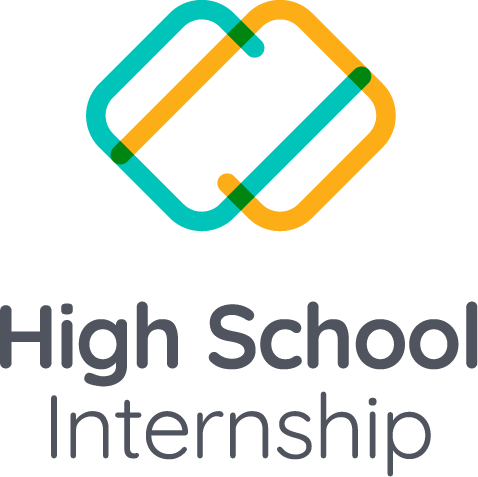Looking back over the last ten years of trends and movements in K-12 Education, we have seen a rise in new technologies like Artificial Intelligence, Augmented Reality, Coding, Robotics, and Makerspaces, with a heavy emphasis on building student agency with tech skills.
However, the trend that has evolved over the last ten years doesn’t even involve tech. Instead, it is Social-Emotional learning, empathy, and what many call “soft skills development.” You may have even seen a shift to social-emotional thinking in your schools with mindfulness programs, empathy-building projects, or school-wide behavior management programs that focus on restorative practices.
This past December, we attended the Transforming Education Conference for Humanity at the Mahatma Gandhi Institute of Education for Peace and Sustainable Development in India and heard from experts worldwide who were implementing and practicing ways to develop social-emotional learning for students and teachers.
One of the main takeaways from the conference was that by introducing social-emotional learning to students, many institutions had reported overall positive results. These included better academic performance, improved attitudes, behaviors, relationships with peers, a deeper connection to the school, fewer delinquent acts, and reduced emotional distress (student depression, anxiety, stress, and social withdrawal).
While at the conference, we spoke to Dr. Tara Lynn Fraiser, who researches and develops K-12 social-emotional learning programs at Emory University in collaboration with the Dalai Lama. She described the importance of providing opportunities for social-emotional learning to be as vital as the development and acquisition of academic knowledge and skills. She also spoke about how social-emotional learning programs can help deter anxiety and stress in the classroom for both the teacher and the students.
A common theme that we heard at the conference was that teachers also need to develop these skills to help facilitate more profound connections. Many social-emotional programs like those set at Emory focus on developing the capacity for the teacher. Teachers, take note! Don’t feel bad about taking that extra time for yourself at the spa, gym, or lounge.
While at the conference, we were able to see evidence of social-emotional learning at work by hearing students speak at various panel discussions, workshops, and poster sessions. We met three young engineering students from a school in Visakhapatnam (India) who had been working on a semester-long project to use empathy as a way to solve problems in their local community. They met with local farmers to learn about issues with irrigation and planting and then made prototypes of technologies like remote digital soil moisture monitors and robots that could help the farmers with seed propagation.
By focusing on understanding the farmers’ problems through empathy, the students could design solutions that effectively compassionately solved the issues. Developing empathy like this has been made famous in tech education through using the Design Thinking Method, which starts with empathy as a foundation for understanding the need of people along with a social or technical problem.
We at BSD believe in developing social-emotional capacity and feel that social-emotional learning should fit together with any skill development. Therefore, our team has designed all of our curriculum around our philosophy of CARE. We want to grow students to be:
Curious – always seeking to learn new things.
Adaptable – never afraid to try something new.
Resilient – willing to start again and learn from challenges.
Empathetic – thoughtful about how their technology impacts the world.
The CARE philosophy baked into our curriculum helps students develop the right mindset to solve complex problems. We help students develop self-esteem, empathy, and skills they need to shape their futures by carefully designing lessons that require students to ask difficult questions, reflect on their learning and think about solving big problems. Our CARE philosophy also extends to teachers’ needs by providing comprehensive lesson notes, guided practice, and even professional development. However, you will have to get your spa package for that extra level of self-care.
We recommend this getting started guide if you are new to social-emotional learning or want to learn more. Feel free to create a chat with me at @BarkMarnett on Twitter or email me at mb@bsd.education to talk about Social Emotional learning or anything on Education!

